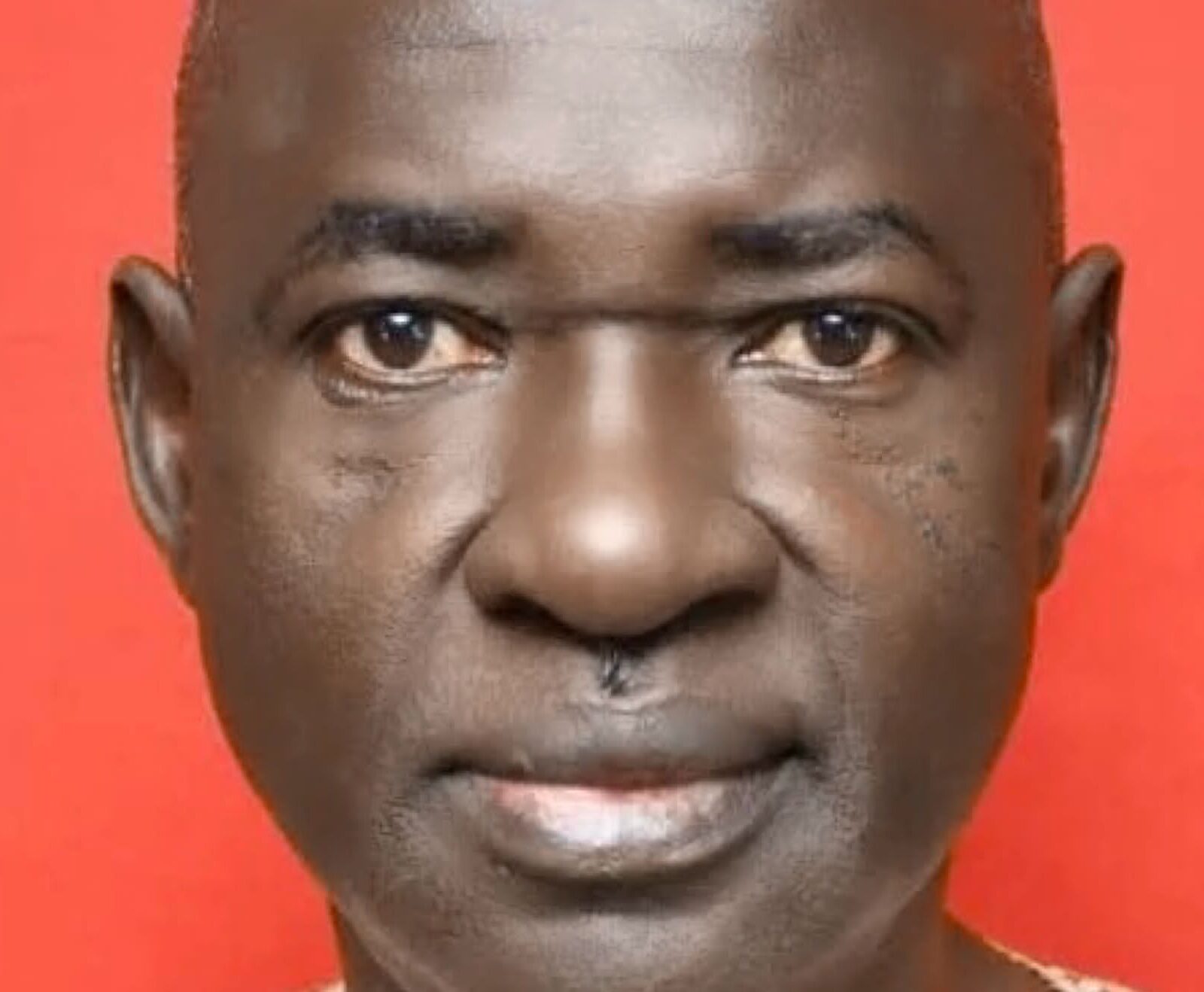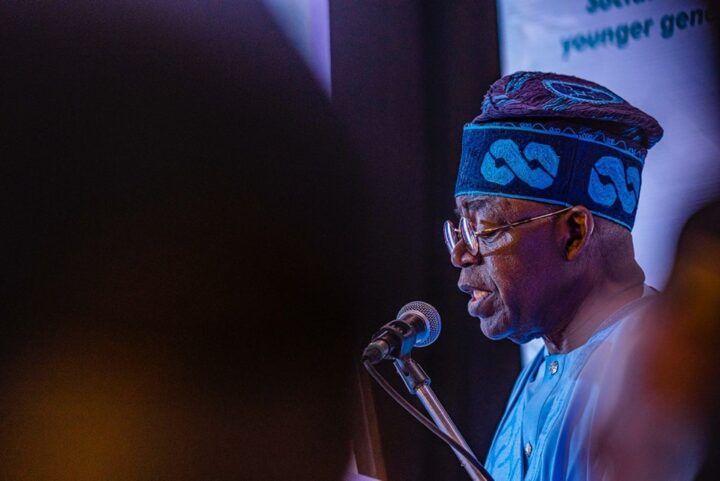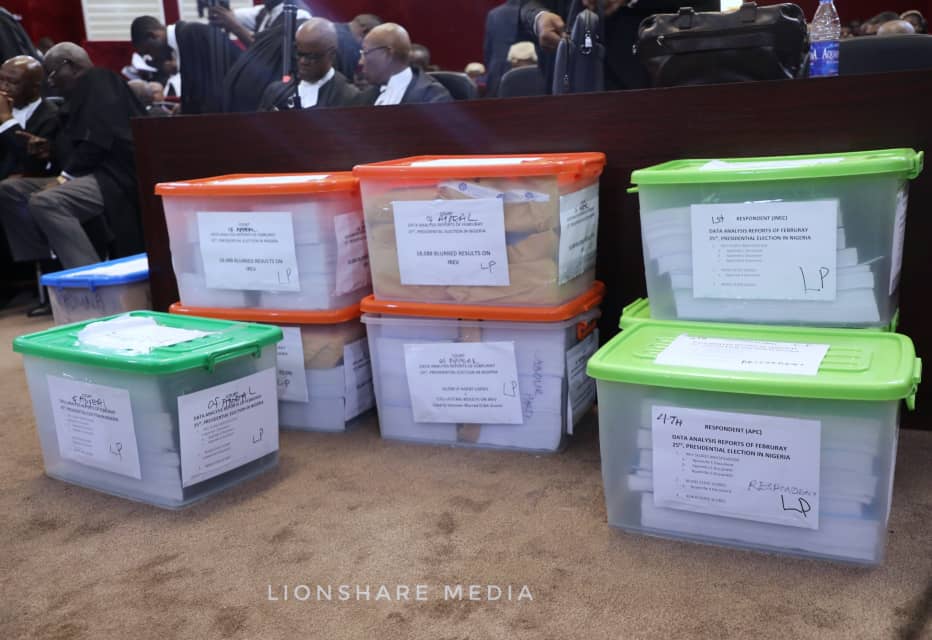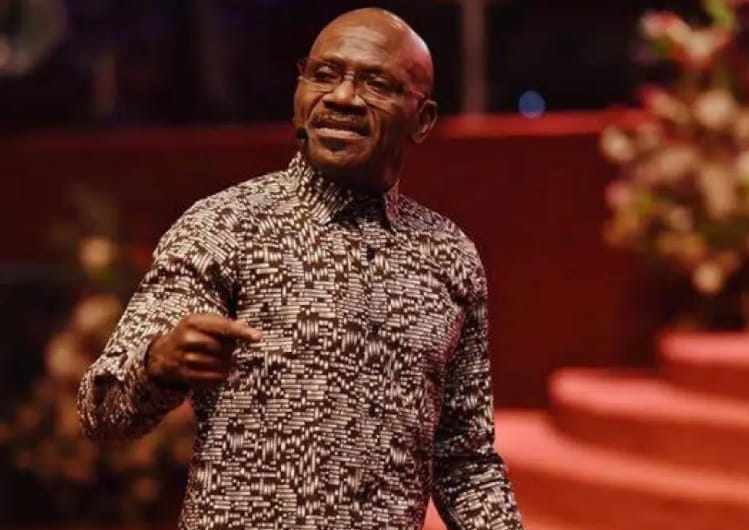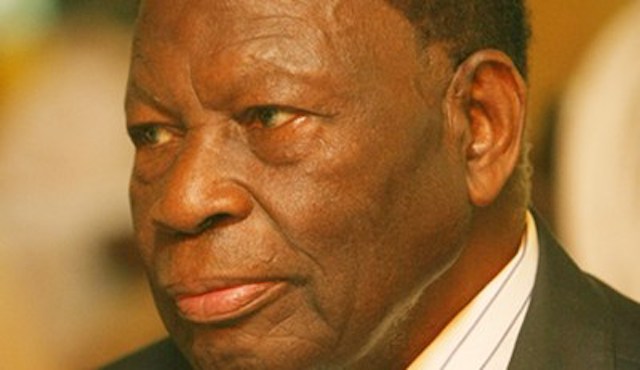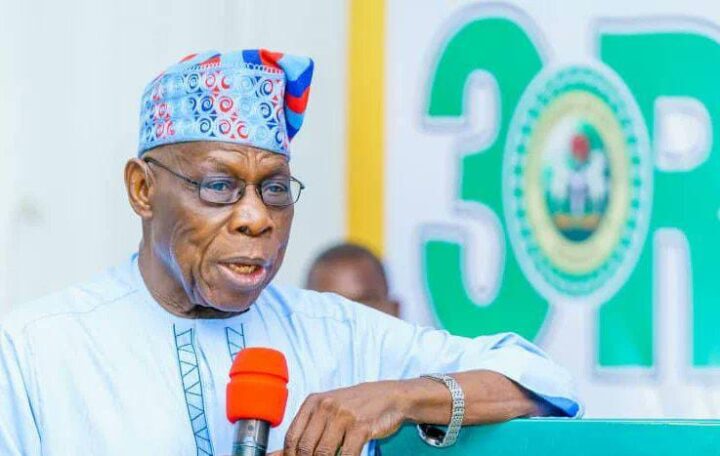The Organisation of African Unity (OAU), now African Union (AU), was only two years old in 1965. The larger part of Africa had battled for freedom from European colonists. While some countries had won theirs, others, encouraged by the wave of victories, marched on with vigour. They were all united by a desire to assert themselves on the world stage. The organisation also considered it crucial to be viewed as a unifying umbrella for progressive states. Incidentally, the United Nations (UN), formerly United Nations Organisation (UNO), which was established at the end of the Second World War, had just clocked 20 years. That year, in fulfilment of its wishes, OAU was admitted as an Observer Mission to UNO via a vote at the 20th Session of the General Assembly. The hope for respectable collaborations with international institutions and countries in other continents was born.
Surely, becoming engrafted into any entity as a single bloc didn’t start today; neither is the practice peculiar to the continent. For ages, alliances and integrations have been forged across national and continental boundaries to further critical interests. The European Union (EU) is a G-20 member too, we need not be reminded. That the African bloc became a member of G-20 during its meeting in India last week is, therefore, not strange. But times have changed and are actually changing rapidly. The African organisation is six decades old and counting. There are enough signs to bother whoever is truly concerned about the continent’s fortunes and its place in an increasingly complex world which actively guards and promotes unique identities even in the face of the much-hyped globalisation. Meaning, it’s safer and wiser to go to any gathering, no matter how intimidating or mouth-watering the prospects are, with a good dose of dignity. Certainly not empty bravado, but quality profile.
Before the offer and acceptance that took place in New Delhi, South Africa was the only African nation in the elite club. Since 1999 when G-20 was founded, no other African country was found worthy to occupy any consequential slot there. Watchers of multinational clubs are asking for the actual import of what is being touted as an achievement. Nigeria’s President Bola Tinubu who led a large contingent to the venue of that conference to participate from the side-lines declared that his country deserved a spot in the organisation’s mainstream. A pathetic call, quite frankly. Time was during its glorious foreign policy era when Nigeria could not be ignored on the international scene. At the height of that dispensation in the 1970s and 1980s, it was the only nation without physical borders with South Africa that was officially recognised at the UN as a frontline state, in honour of the prime role of the West African country in the fight against the defunct apartheid regime in the southern African enclave.
As expected, the UN has praised G-20 for giving AU a permanent seat. This, according to Stephane Dujarric, spokesperson for the Secretary-General of the world body, Antonio Gutteres, “is a reflection of Africa’s growing influence and importance on the global stage. When much of the existing international multilateral architecture was built, most of Africa was colonised and did not have an opportunity to have their voices heard. This is another step towards correcting that imbalance…. It also reflects India’s role as a leader of the Global South and developing countries. This highlights India’s capabilities as a bridge-builder, politically and geographically.” This statement is a panegyric of some sort but within it lie debatable items.
Advertisement
What manner of “influence and importance?” The two most powerful blocs in world politics at the moment are led by the United States and western Europe on one hand and China and Russia on the other. Both are constantly in search of allies, most of which are developing and underdeveloped. To these advanced economies, Africa’s real use revolves around its superabundant natural resources. Other considerations are secondary. They have demonstrated that for centuries and have not shown sincere signs of shifting their grounds. Even in terms of the voting rights at the UN, when highly critical resolutions are being made, African countries are hardly in the room.
Dujarric’s reference to the continent’s colonial past is one stark fact that may never be exorcised from history, understandably. Many scholars, leaders and commentators often point to the twin atrocities of slavery and colonialism as being responsible for much of the underdevelopment that has been Africa’s bane for decades. Dwelling on that narrative hasn’t helped the Black race, even if true. India which is being hailed today for its advancement and leadership had also swallowed those bitter pills. Two years ago, the Asian country handed over the hosting of the greatest number of extremely poor human beings to Nigeria which is yet to come to terms with the unfortunate reality, let alone design and implement workable solutions to the mess.
Where to look is inwards. “Emancipate yourselves from mental slavery/ None but ourselves can free our own minds/ Wo! Have no fear for atomic energy/ ‘Cause none of them-a can-a stop-a the time/ How long shall they kill our prophets/ While we stand aside and look?/ Yes, some say it’s just a part of it/ We’ve got to fulfil the book/ Won’t you have to sing/ These songs of freedom?….” When those lyrics rolled out of the track, “Redemption Song”, by the legendary Bob Marley with a direct inspiration from the equally iconic Pan-Africanist and orator, Marcus Garvey, their prophetic value was probably underestimated. But it’s now clear that Africa is overdue for a thorough soul-searching.
Advertisement
As we struggle to understand where we stand in the comity of continents, deliverance from inferiority complex must top our priority list. Frantically lining up to join BRICS or whatever mustn’t become a pastime. It’s even worse when the continent gains admission as a single entity in what can be perceived as an affirmative action. Let’s beware of tokenism. Let’s be wary of being patronised. If the fathers of African unity fought so hard to liberate the continent from the grip of western domination, this generation should, at least, be seen to take mature, calculated steps towards occupying honourable positions at tables where momentous decisions are made.
Of course, respectability is never achieved in a vacuum. The continent parades 55 politically independent nations, 1.4 billion people, a paltry three percent of global gross domestic product, GDP, a largely youthful population, weak development indices and poor political structures in many countries. It has started witnessing military coups again, signalling a major threat to the enthronement of democracy. However, none of these sore points should hinder Africa from aspiring and positioning itself properly. There’s no part of the planet that is completely free from challenges. The continent has contributed to world peace through peacekeeping missions to several trouble-spots. It’s also home to numerous resources, human and material, in high demand around the world. And many Africans in the diaspora constantly give excellent account of themselves and contribute immensely to the upliftment of their host countries. Other viable, competitive endowments exist.
The African Continental Free Trade Area (AFCFTA), the world’s biggest regional free trade area, for instance, which was established in 2021 can be the engine-room for genuine development; catalyst for the kind of confidence required to play in the big leagues; and boost for the right voice and visibility vital for optimal engagements. By World Bank estimates, the free trade scheme will push up the continent’s income to 450 billion dollars and intra-continental trade to over 80 % by 2035. Hopefully. The world is now more uncertain and aggressive than ever. Much less or no space is left for the beggarly and the mediocre.
Ekpe, PhD, is a member of THISDAY Editorial Board.
Advertisement
Views expressed by contributors are strictly personal and not of TheCable.
